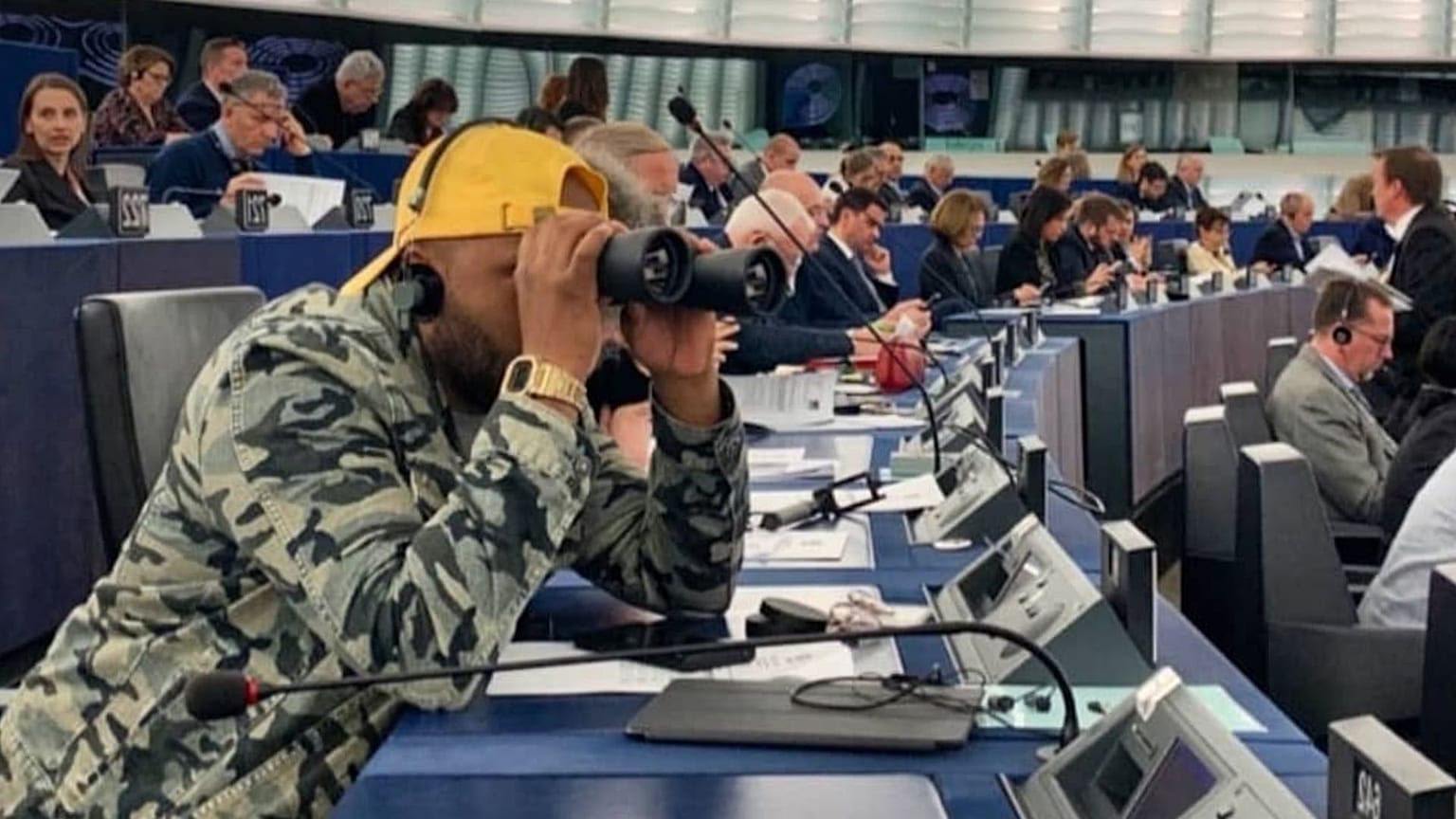Europe is diverse. The people in power are not. Culture Clash looks into Brussels' worst kept secret: the glaring lack of diversity at the top. #CultureClash
Europe is diverse. The people in power are not.
Around 10 percent of Europeans are from ethnic minority backgrounds, according to the European Network Against Racism. That’s at least 50 million people.
 ADVERTISEMENT
ADVERTISEMENT
 ADVERTISEMENT
ADVERTISEMENT
There are just 28 MEPs representing those with the same backgrounds - out of 705 overall. Brexit has made matters even worse, massively reducing the diversity of the EU Parliament.
All of the EU’s top jobs are held by white people. In more than 60 years there has never been a non-white EU Commissioner.
Magid Magid, a black Muslim former UK MEP, was told to “leave the building” by security on his first day. He believes his race was a major factor.
“We’ve all been socially conditioned to expect what a politician looks like, behaves like” he told Culture Clash. “Because I didn’t fit that narrative, I didn’t fit that stereotype, clearly [to security] I was lost. I didn’t belong as a member of the European Parliament.”
As he packed up his office for the UK’s EU departure, he issued a parting shot to the new Commission President. “What I had a problem with is when Ursula von der Leyen said her cabinet represents what Europe is today. Which couldn’t be further from the truth. There wasn’t any young people, people from different ethnic backgrounds. You need to question - is this good for Europe?”.
But when it comes to Europe, Magid’s view clashes with that of other anti-racism campaigners.
“When you start using criteria such as skin colour, origin or religion, you actually internalise racist criteria”, Stephane Nivet told Culture Clash. As a delegate for France’s International League Against Racism and Anti-Semitism (LICRA), his position reflects the country’s efforts towards a “colourblind” society.
“The question of political representation is larger than skin colour or one’s origin” he said.
“At some point, we need to trust the parties and the voters to choose representatives who best represent them, and to keep in mind that the criteria to be the best shouldn’t be skin colour.”
Even if we acknowledge that there is a problem of representation in the EU - solving it is clearly highly complex. In France it is illegal to collect data on race/ethnicity - a key tool used by other countries to measure progress.
France’s only black MEP Maxette Pirbakas told us she doesn’t see a race issue in the EU Parliament.
“You already see the diversity because I am from the Carribean”, she said. “At the presidential level, there are more men than women. That is the only concern I have seen in Parliament.”
We put the lack of diversity to the new EU Commissioner for Equality. Helen Dalli is on a mission to “strengthen Europe’s commitment to inclusion”. However, on multiple occasions she has refused to speak to Culture Clash.
Instead, the Commissioner responsible for Budget and Administration, Johannes Hahn, sent us a statement:
It read: ‘Any discrimination on any grounds, including on race, colour or ethnic origin, is prohibited during the recruitment process or in the workplace. Numerous actions have been and continue to be undertaken for the Commission to remain an attractive and motivating working place for all members of our society. This includes attracting and selecting a more diverse workforce and fostering an inclusive working environment, notably via awareness-raising actions.'
We'd love to hear your opinions about race in European politics. Feel free to leave a comment below.
Culture Clash is a weekly look at the issues shaping and shaking Europe, published every Thursday on Facebook by Euronews.














